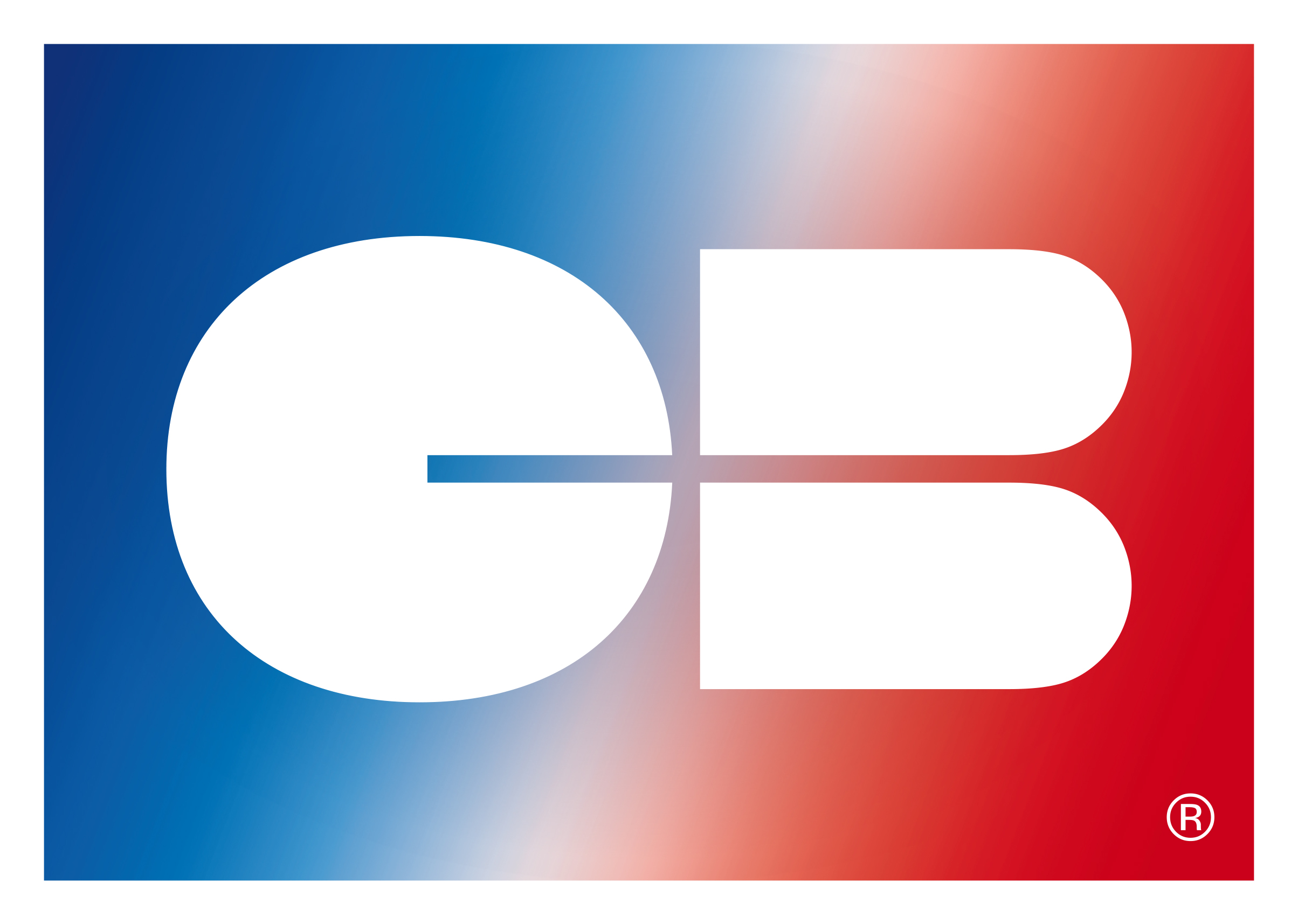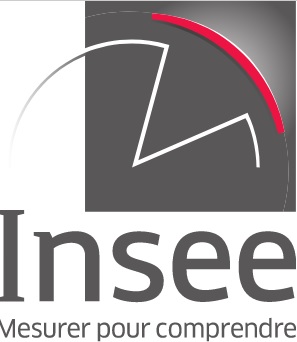10/12/18
In this paper, we study whether a monopolistic platform prefers to impose price parity when it competes with merchants for selling services. The platform and the direct sales channel are differentiated in quality on the consumer side and in terms of efficiency. We show that the platform imposes price parity when it is highly differentiated in quality on the consumer side and that this restriction lowers the total transaction fee paid by consumers and merchants. Price parity increases the total buying price of consumers who buy from merchants who receive high benefits of selling on the platform and decreases it otherwise.




